Canary
in a
Garden
/
Pueblos
Espejos

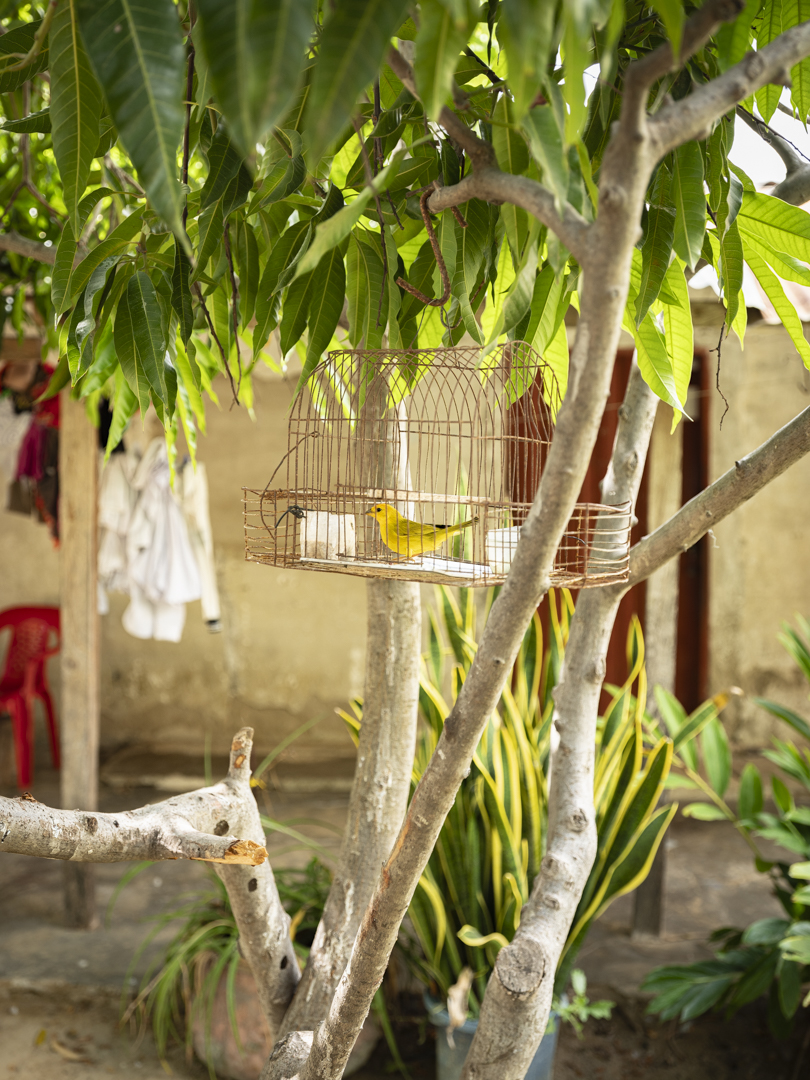
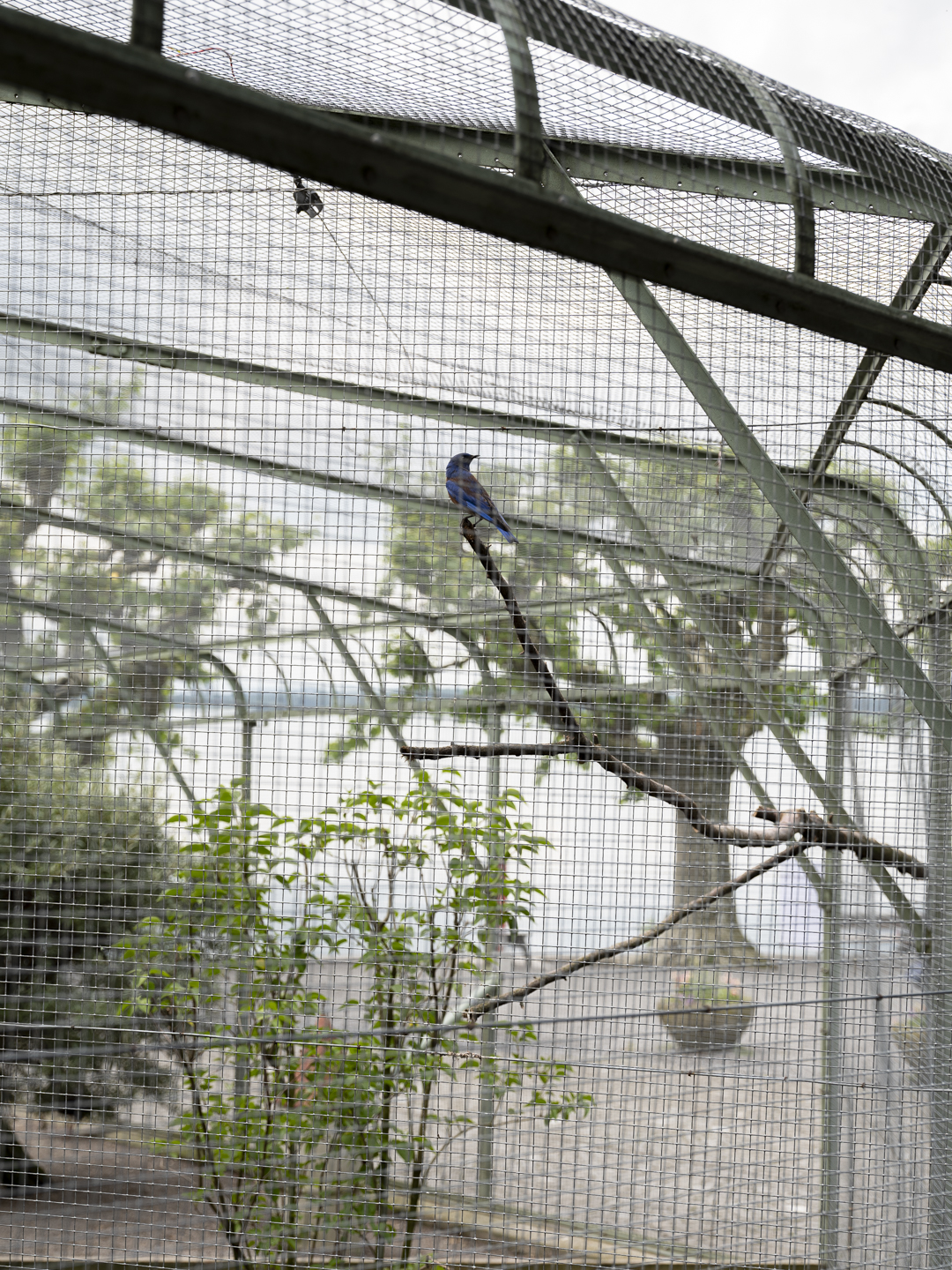
Preview
Train tracks cut through the vast landscape of La Guajira, Colombia. They connect the largest coal mine in Latin America with a coal port and subsequently with every household in Germany. The long-term project Canary in a Garden | Pueblos Espejos is a dialectically constructed examination of the neo-extractivist structures connecting the two regions. It deals with direct and indirect consequences of mining for impacted communities and eco-systems, involved actors and Western profiteers as well as our relationship with the ecosystems we inhabit.
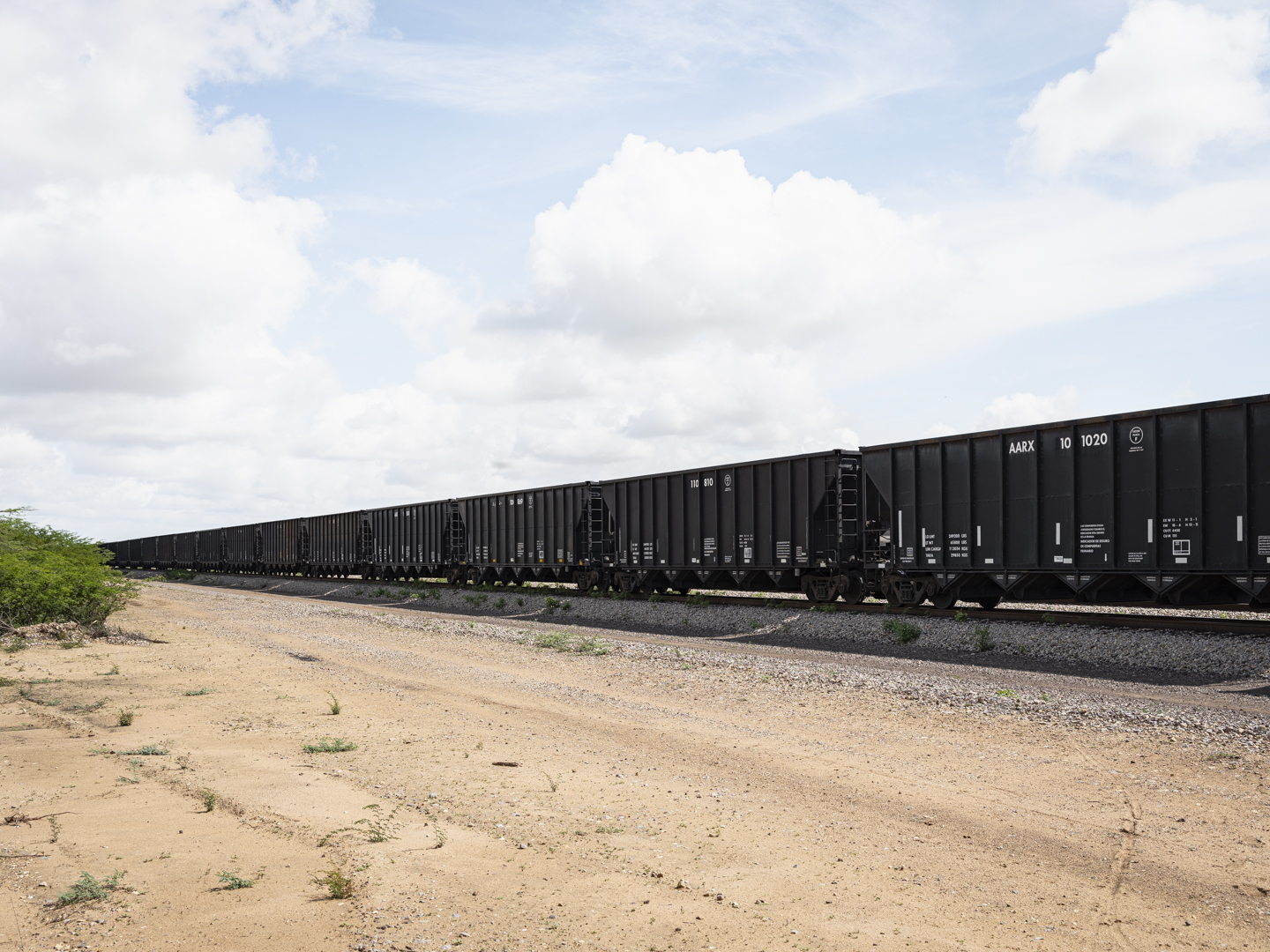


Since 2017, I have been working on this topic in a combination of artistic documentary photography and journalistic research in order to depict its complexity and simultaneous emotionality. For the project, I combine large-format landscape photographs with anecdotal images, interviews and texts in two entangled chapters:

Pueblos Espejos (mirror villages) are villages built by the mining company El Cerrejón–which is owned by Glencore–for the indigenous population of La Guajira, the Wayuu, in order to expel them from their own land for the expansion of the El Cerrejón mine. Most of these villages do not have enough water, have no fertile soil and do not comply with the agreements previously made. They are examples of the systematic exploitation and control of the region, its population and ecosystems by the mining company. The chapter tells of the impact of mining in La Guajira, the history of the mirror villages, of violence, land theft and resistance and, at the same time, of concerns about what will happen after the mine closes.
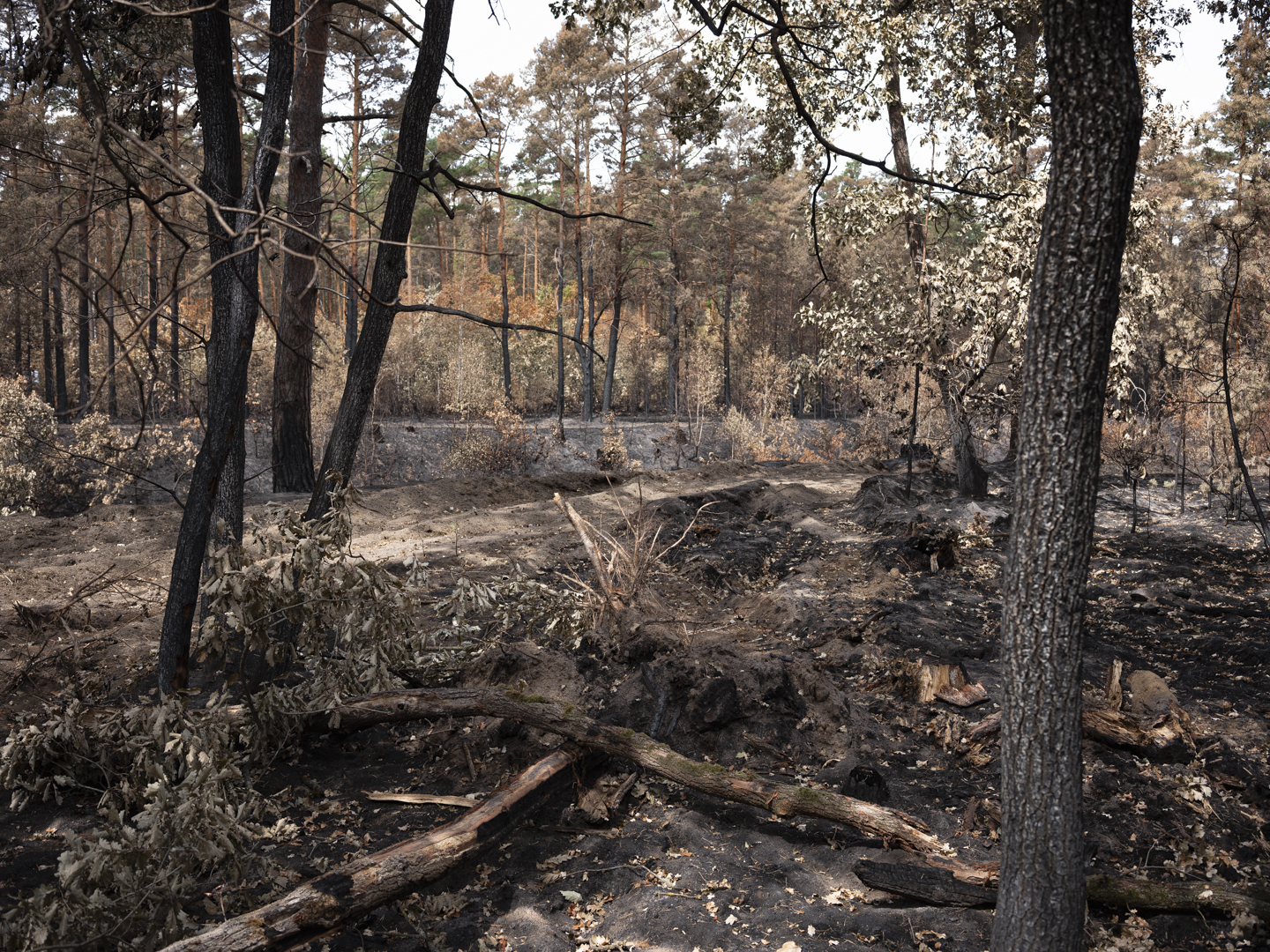
A canary in a mine is “something whose sensitivity to adverse conditions makes it a useful early indicator of such conditions; something which warns of the coming of greater danger or trouble by a deterioration in its health or welfare.” (Wikipedia)
A Canary in a Garden is “something whose sensitivity to adverse conditions makes it a useful early indicator of such conditions; something” whose warnings “of the coming of greater danger or trouble by a deterioration in its health or welfare” are being ignored.
(work in progress)

The chapter Canary in a Garden, on the other hand, deals with transformative processes such as energy transition, renaturation and structural change in Germany, which are accompanied by massive coal imports from La Guajira. The chapter questions the role of Western profiteers of neo-extractivism and our relationship to the environment and more ...


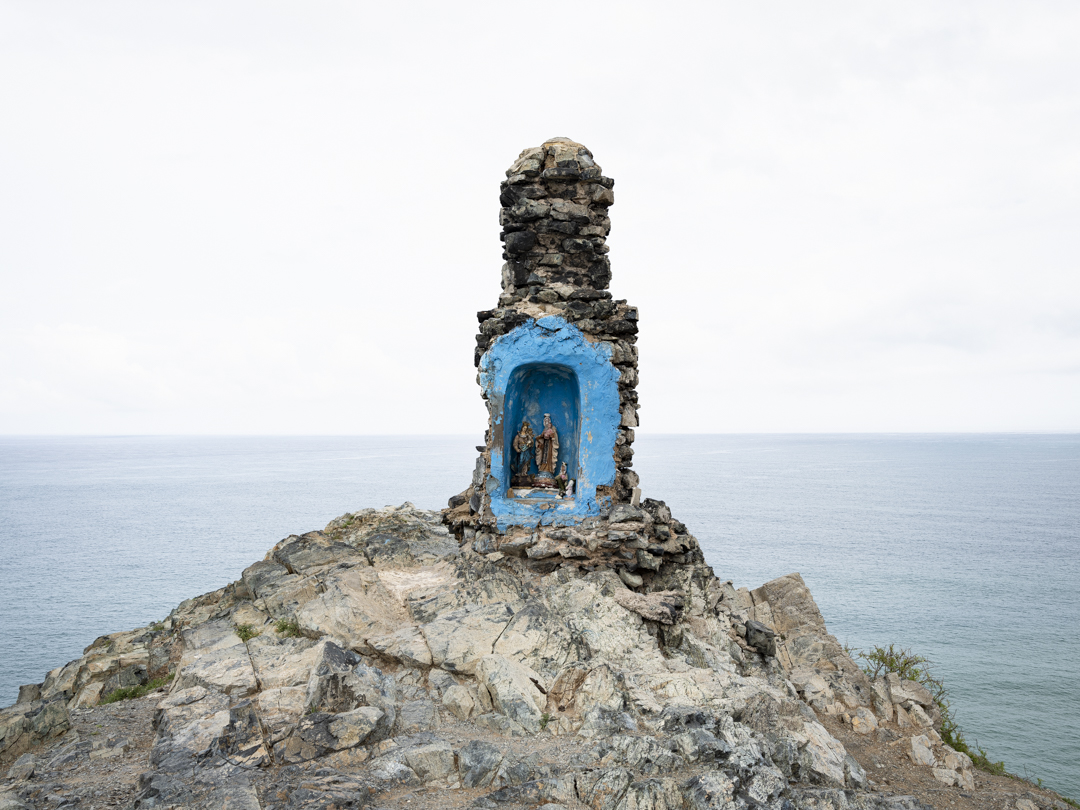

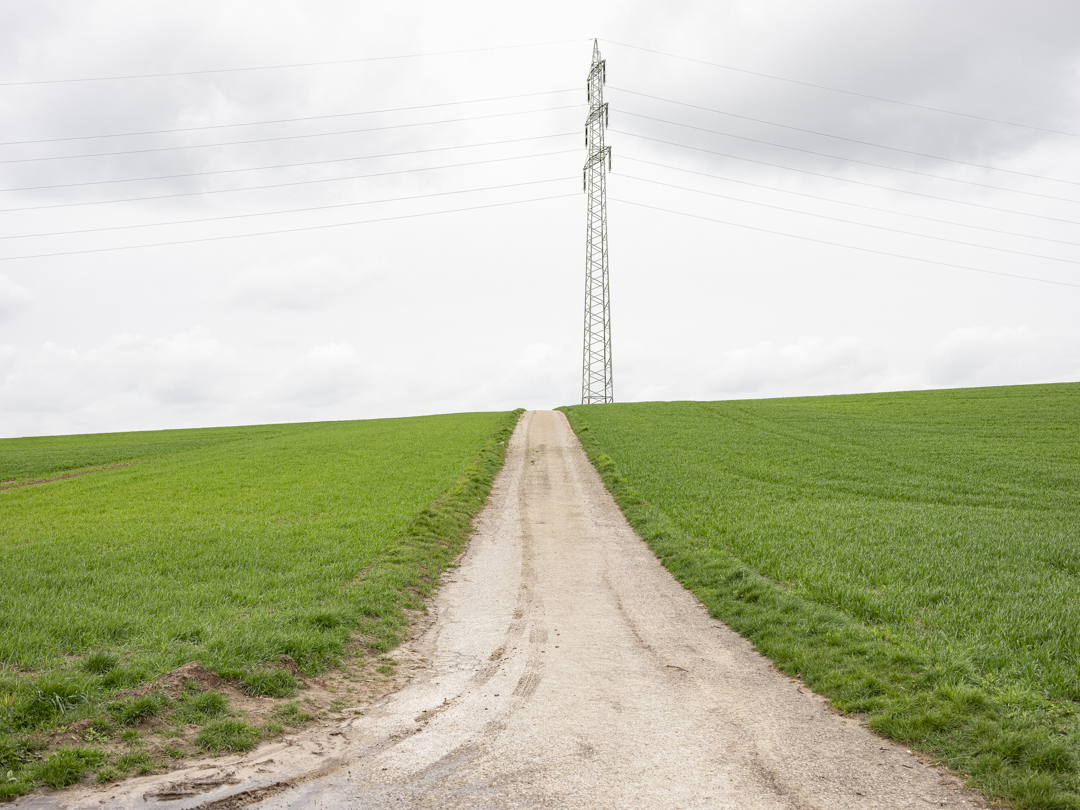

How can we hold multinational corporations accountable for their actions? How can we stop the destruction of ecosystems and subsequently our collective future? How can we understand the complex connections between transformative processes in different geographies in the context of the escalating climate catastrophe? How can we overcome neo-extractivist structures?
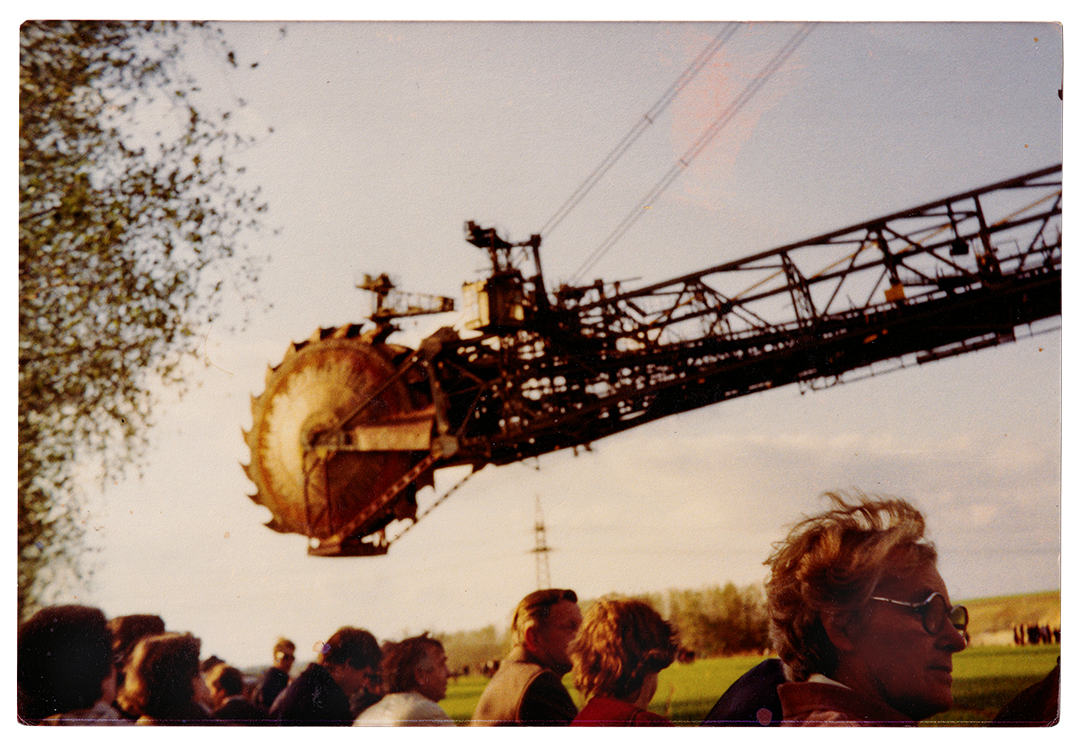
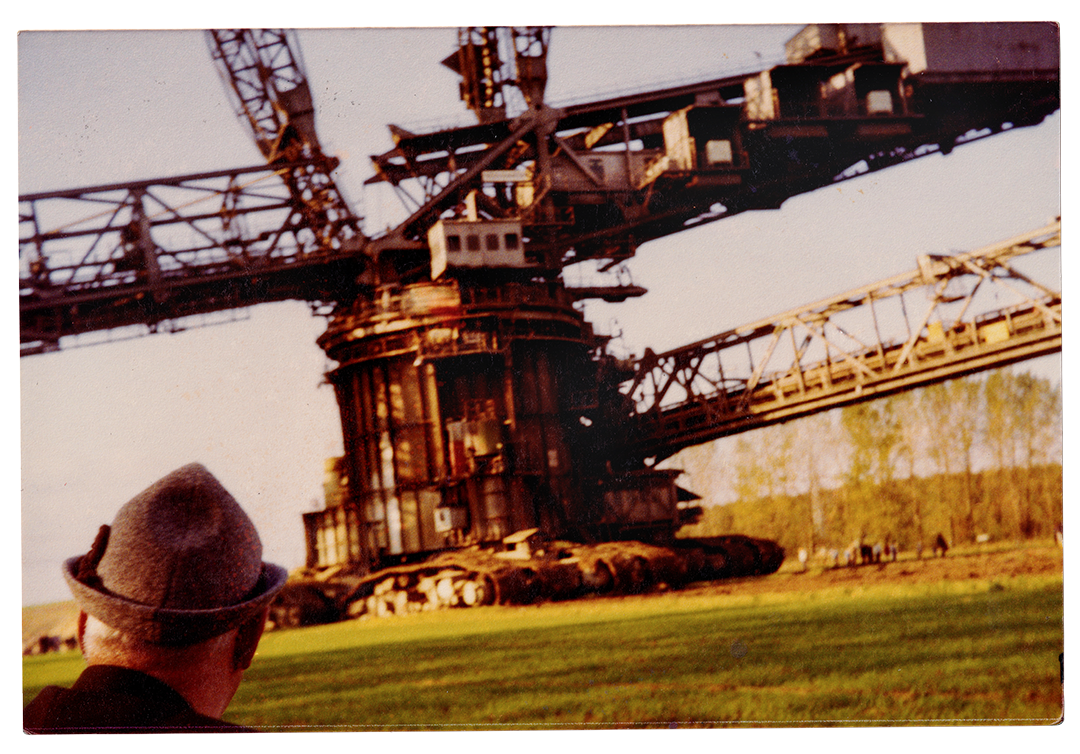
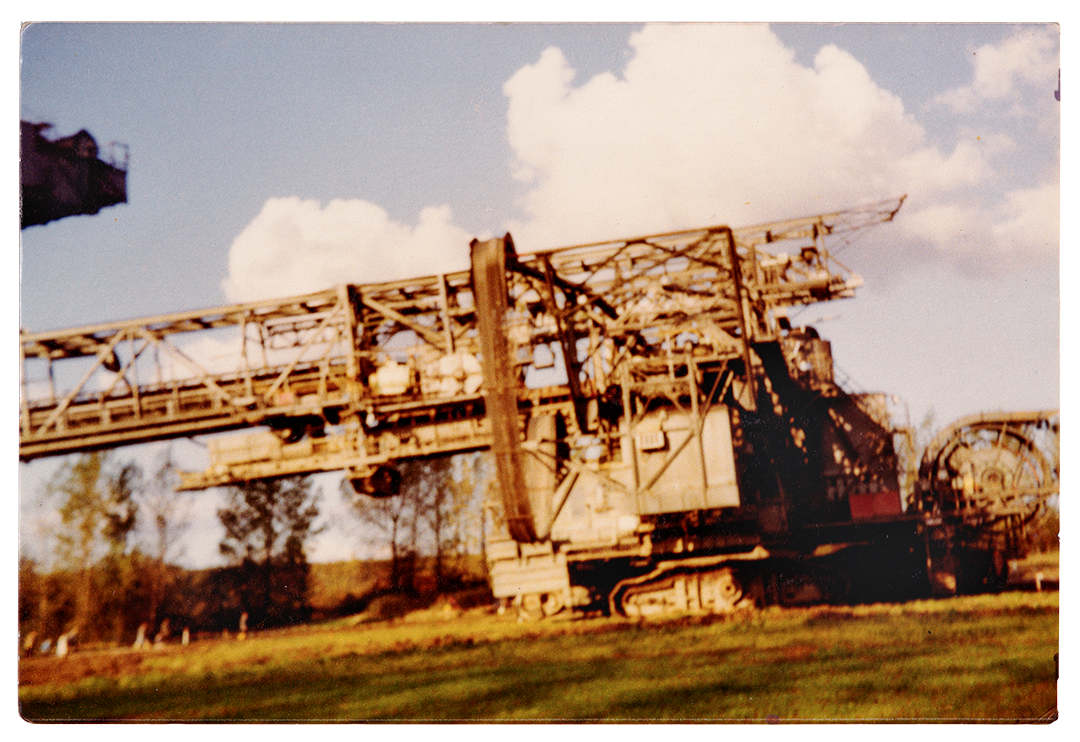
From the family archive: People gathering to watch a coal excavator being transported past their village. Niederaußem, Germany.
Stay tuned for more...
© Marvin Systermans — Berlin